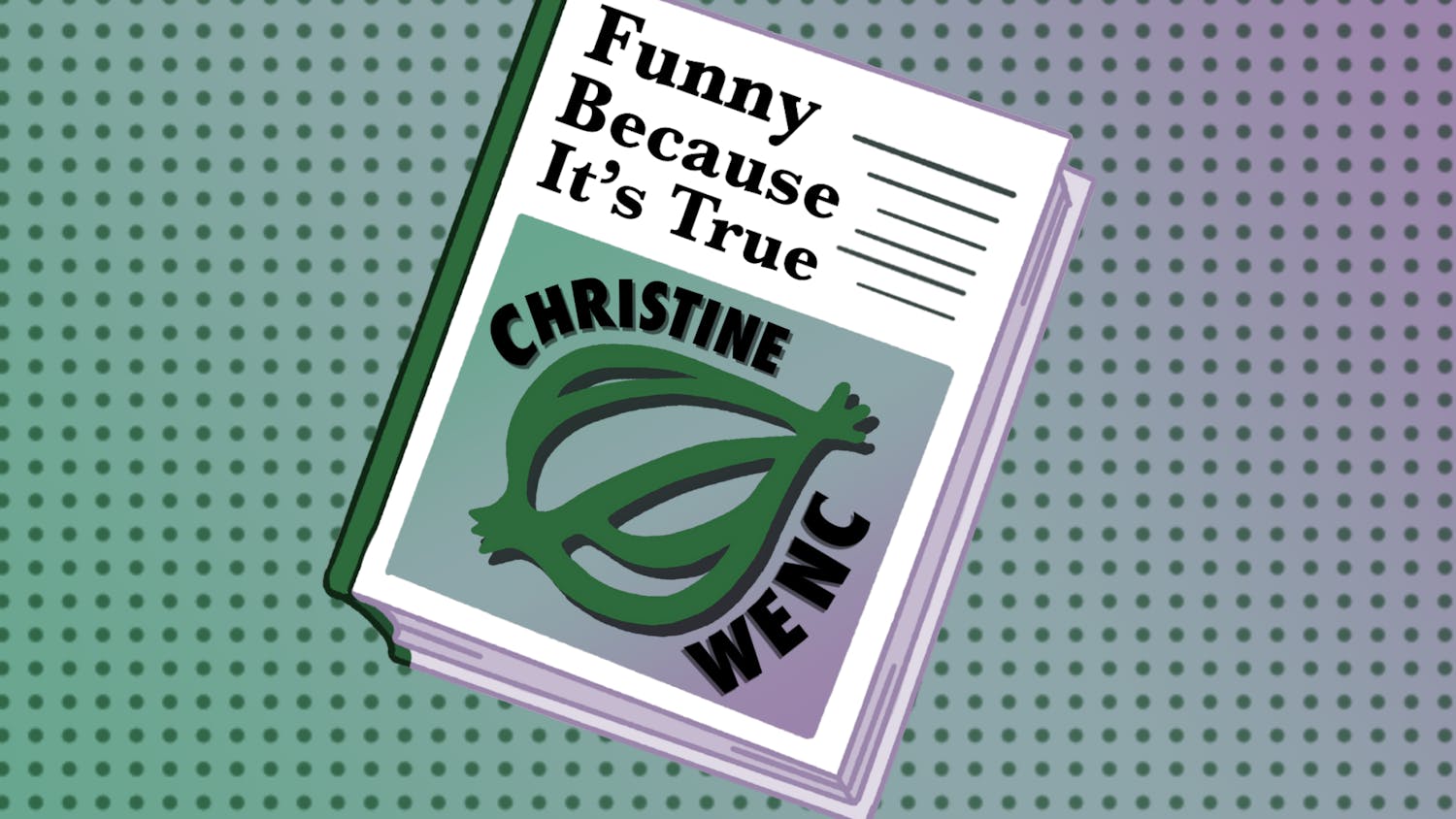This week, let's focus on outcasts. Everybody loves a good comeback story, rooting for the underdogs, David over Goliath, etc. It’s one of the most-used tropes in any business, and one that tends to get audiences to respond well. No one wants to read a story about a king with loads of money who continues to rule peacefully for all his days; that’s why you only see those sentences at the end of stories — unless you’re reading about politics, in which case, Goliath wins every time.
The point is, we identify with the downtrodden, rags-to-riches story, and we always root for the little guy. We as humans love conflict, and this particular story arc has that in spades. The story of comics itself is one of an outcast, but comics carved out their own way, gradually growing and splintering into the "giant" we know today — but talking about the rise and fall of the comic is for another day.
Both of today’s suggestions deal with the idea of outcasts. Being on the wrong side of society always seems to lend a certain anti-hero appeal, but these two issues look more at what the consequences are and the toll they take on characters.
These series are also being made or have been made into TV shows.
“Outcast” (Image Comics) — Story by Robert Kirkman, art by Paul Azaceta
I know, another Image comic. I can’t help it: They do good work. “Outcast” is the creation of Robert Kirkman, who is best known for his brainchild, “The Walking Dead.” “Outcast” follows Kyle Barnes, a man who has been haunted by supernatural possessions for his entire life. Abused as a child, Kyle finds out that he has a way with the possessed. Using this ability, he can help force out demons — but the process is violent.
To protect those he loves, Kyle becomes a recluse, pushing everyone away. His sister does her best to cheer him up, but he continues to live alone in squalor. With the help of a local priest with his own demons to exorcise, Kyle embarks on a journey to discover the meaning of his powers while helping others. It makes things a little more complicated that Kyle doesn’t believe in God.
I have always loved religious symbolism and comics with grittier moral implications. “Outcast” is one of those. Dealing with abuse, alcoholism and depression, Kirkman does not beat around the bush. He released a statement saying he hoped that “Outcast,” horror-oriented comic, would give readers more of a true scare than “The Walking Dead.” The art is dark, with scratchy lines bringing the comic’s somber tone to life. Azaceta perfectly captures the tone, making this story one to read with the lights on.
Cinemax has produced one season from the “Outcast” comics and is renewed for a second season in 2018.
“Runaways” (Marvel Comics) — Story by Brian K. Vaughan, art by Adrian Alphona
Have you ever wanted to run away from your parents because they were being too hard on you, maybe because they yelled at you or made you clean your room? How about because they sacrificed a young girl on a table in costume?
“Runaways” follows the story of six children who have known each other since they were young, annually being forced by their parents to meet while the adults go talk about philanthropy. The children are starlets, coming from money as part of the L.A. elite. There is a jock, a band nerd, computer gamer, the young one, the popular one and the weird one. They accidentally stumble upon a secret passageway, where they find out that their parents are part of “The Pride,” a secret crime organization ruling L.A. Before the parents hear them, the kids watch as the parents, wearing their supervillain outfits, sacrifice a young girl. The kids decide to run away and right their parents’ wrongs.
One of the few superhero teams that is predominantly female, “Runaways” is a new spin on a coming-of-age story. Most of the team is also without true superpowers. With different backgrounds, ages and ideas about the world, the team works together while navigating how to be teenagers who just found out their parents are trying to destroy the world. Love blossoms, drama ensues and fights break loose: everything you could want from a story.
Unfortunately, this isn’t one of those comics that is perfect all the way through. If you do pick up this one, I suggest only reading until the end of Volume #8, “Dead End Kids,” because subsequent issues have some writing and artistry swaps, and the storylines get confusing with other universes involved which really take away from the main characters. Many of the Runaways do appear in other Marvel crossovers, but their storyline together is at its best through #8.
Hulu is adding to the already large Marvel universe by producing “Marvel’s Runaways,” which premieres on Nov. 21.
Happy reading!






